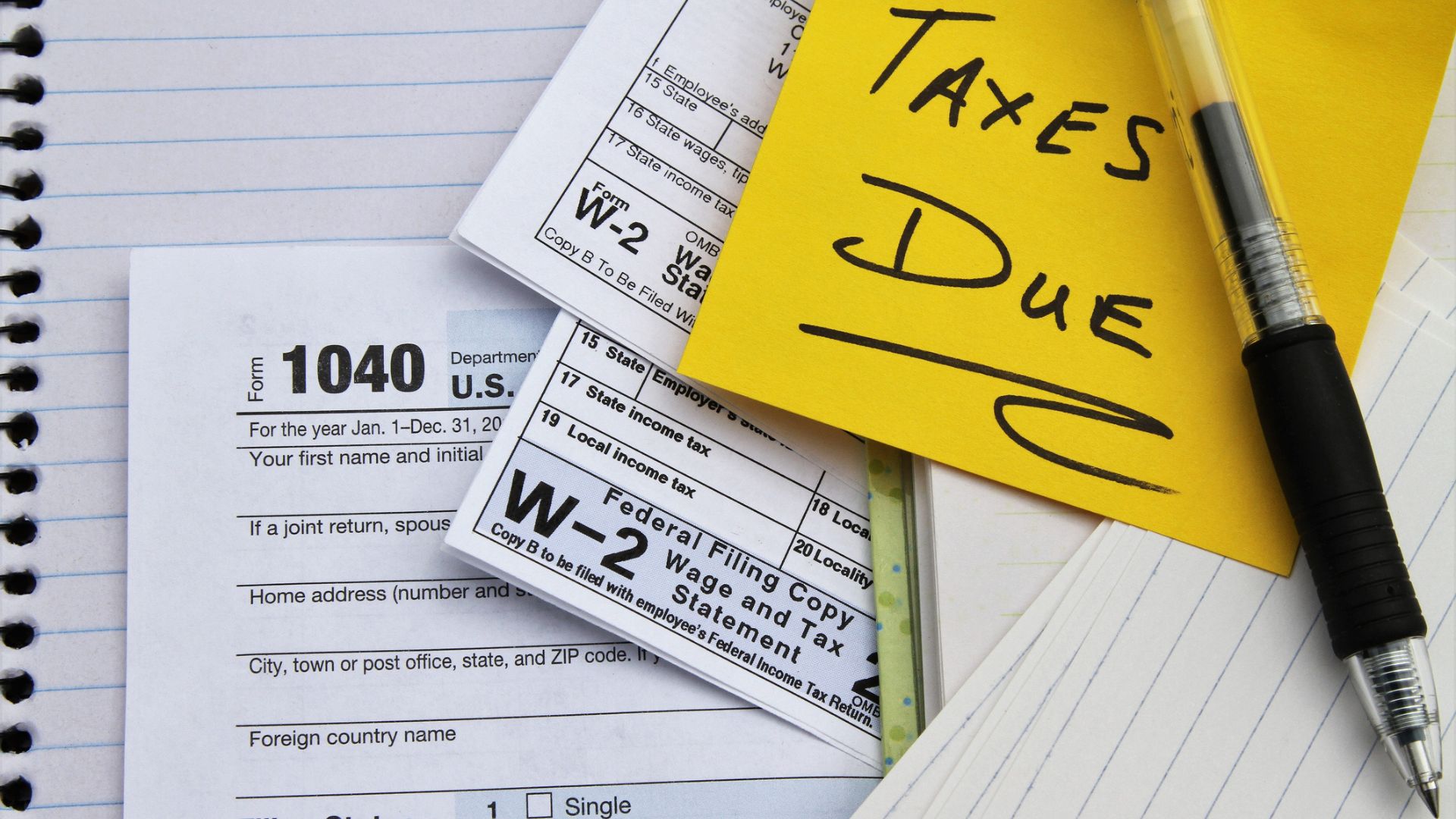
The IRS has extended the tax deadline to July 15th. Personal and business income taxes that were due on April 15 can now be filed any time before July 15, 2020. The extended deadline applies to payments due as well. This post has been revised to include the new deadlines
IRS is offering coronavirus relief to taxpayers and many businesses will qualify for two new tax credits, the Credit for Sick and Family Leave and the Employee Retention Credit.
When you run a business, filing taxes isn’t quite as simple as it is for employed individuals. There are multiple tax deadlines that you need to be aware of. If you don’t conform to tax deadlines for businesses it can end up costing you extra money later on. Let’s look at some of the most important dates to keep in mind for business taxes.
Three Major Tax Deadlines for Businesses
When you have a business, there are three primary deadlines that you need to know about. The following dates apply to the year 2020.
- January 31. You need to send out all your W-2s and 1099s by the last day in January. The W-2 form gets sent to employees while 1090 is for independent contractors. Copies of W-2s must also be sent to the IRS.
- February 29. The last day of February, which is February 28 when there’s no leap year, is the deadline for businesses to send out 1099 series forms. This type of form includes 1099-DIV, 1099 MISC and 1099 INT. If you file your 1099s electronically, you have extra time. Companies must send out form 1096 by this deadline.
- April 1. If you file your 1099s electronically, the deadline is April 1.
Corporate Tax Deadlines
If you have a business structure such as a sole proprietorship, corporation, S-corporation or limited liability company, you have to pay attention to the business tax deadlines that apply to your type of business.
- March 15. If you have an S-Corp or partnership, this is the deadline to file Form 1102-S or 1065. You have the option of filing for a six-month extension for these forms though your tax liability is still due on March 15.
- July 15 (extended from April 15). This is the deadline for filing (C-corp) corporate tax returns using Form 1120. This is also the deadline to make a payment for the first quarter of 2020 if your business is required to make estimated quarterly payments.
- February 15 (extended from October 15). If you filed for a six-month extension for a corporate tax return, this is the new deadline.
The above are some general guidelines for filing business taxes. It’s important, however, to file the correct forms based on the type of business you have.
Tips for Filing Your Taxes Correctly and On Time
Here are some points to keep in mind as you prepare to file your business taxes.
- Most businesses and self-employed individuals are required to file estimated quarterly taxes. These deadlines are April 15, June 15, September 15 and January 15.
- Make sure you understand the difference between employees and independent contractors so you send out the correct forms.
- Keep good records for deductible expenses including transportation and home office deductions.
- If you’re a sole proprietor, keep in mind that the self-employment tax, which includes social security and Medicare, can be substantial.
- Use reliable accounting software to make it easier to track your taxes and expenses.
- If you’re unsure about anything, consult with a qualified CPA or tax attorney. It can end up costing you more in the long run if you make mistakes on your taxes.
A Cash Flow Solution to Make Taxes Less Painful
Paying taxes can be a struggle for businesses, especially when you’re experiencing slow periods. In some cases, your cash flow situation may suffer when customers don’t pay their invoices in a timely manner. Invoice factoring allows you to collect payments on invoices within 24 hours, making it easier to pay taxes as well as meet all of your financial obligations.
To find out more about how invoice factoring can help your business, contact Riviera Finance.





